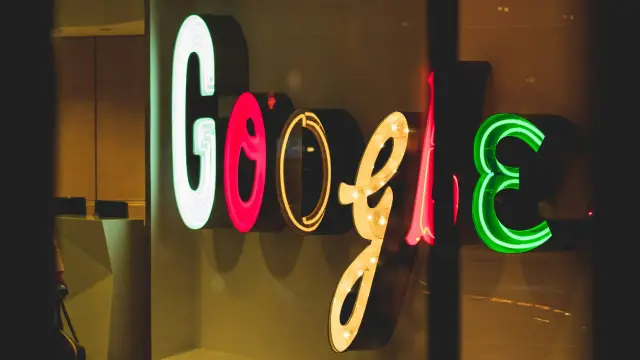Cupertino, California — June 2025
Apple Inc. has scored a significant courtroom win after a U.S. federal appeals court overturned a nearly $300 million verdict against the tech giant in a long-running patent infringement lawsuit concerning wireless communication technologies.
The dispute centered around claims by Optis Wireless Technology, a patent-holding firm that had accused Apple of infringing on standard-essential patents—critical technologies used in smartphones and mobile devices. These patents relate primarily to LTE wireless standards, which are fundamental to cellular communication.
The original Texas court ruling in 2020 sided with Optis, awarding the firm $300 million in damages. However, Apple appealed, arguing that the patents were either not infringed or not valid. The appeals court ultimately agreed, vacating the earlier judgment and dismissing the financial penalty.
“We are pleased with the court’s decision to reverse the prior ruling,” Apple said in a statement. “We have long stood for innovation and fair competition, and today’s ruling is a win for those principles.”
Patent Wars and Industry Impact
This case is just one of many that Apple and other major tech companies have faced in recent years from non-practicing entities (NPEs)—commonly referred to as “patent trolls.” These are firms that hold patents but do not produce products or services, often filing lawsuits to obtain licensing fees or settlements.
Optis, a well-known NPE, had previously targeted Apple and other tech firms over similar claims. Legal experts note that Apple’s latest win could set a precedent for future litigation involving standard-essential patents (SEPs) and fair, reasonable, and non-discriminatory (FRAND) licensing terms.
What This Means for Apple and Consumers
For Apple, this ruling removes the threat of a large financial penalty and potential restrictions on its use of wireless technologies. It also strengthens the company’s position as it continues to develop 5G and other next-generation mobile technologies for its flagship products like the iPhone and iPad.
Meanwhile, consumers are unlikely to see direct impacts from the decision, but industry observers believe the case could influence patent licensing practices and tech innovation going forward.






